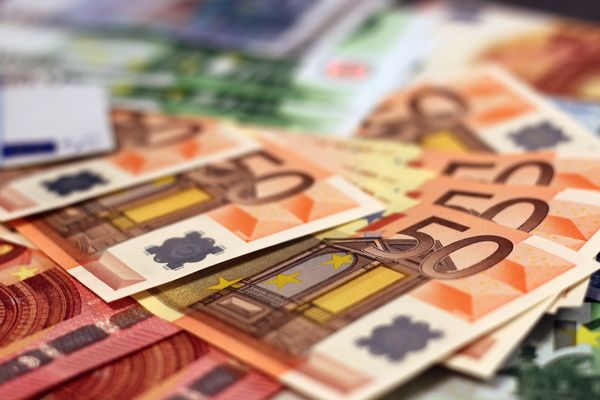
How to fundraise during a pandemic
April 1, 2020
Special Focus: Charities turn to digital for fundraising in corona times
May 6, 2020Measures imposed to halt the spread of COVID-19 have had a massive impact on the economy in Europe, hitting businesses and charities alike, yet while support packages are being announced it is not always clear whether they apply to non-profit organisations. Our public affairs columnist Patrick Gibbels asks what can be done for charities at a European level.
Ever since the World Health Organization declared COVID-19 a pandemic, on 11 March 2020, the EU Member States have been taking measures in an attempt to curb further spreading of the virus. These measures have put tremendous strain on the European economy by imposing restrictions on virtually all sectors of the economy, including charities and fundraising. The measures have been taken predominantly on a national basis, leaving the EU with the almost impossible task of developing a coordinated response to COVID-19, as public health policy is still largely a Member States competence. So, what can be done for charities at European level?
On 2 April, the European Commission tabled a proposal for a Regulation on the establishment of a European instrument for temporary support to mitigate unemployment risks in an emergency (SURE) following the COVID-19 outbreak. The problem for charities, however, is that the proposal, which is meant to be a collective response to the financial consequences of COVID-19, consists of three main support packages, focusing on workers, businesses and countries. It is therefore unclear how the SURE package applies to them.
For this reason, on 21 April, a number of Members of the European Parliament (MEPs) have tabled a priority question for a written answer to the European Commission, which the European Commission is legally obliged to answer in writing. The MEPs underline that beneficiaries are described as ‘firms’ and urge the Commission to clarify how the support package to mitigate the financial consequences of the COVID-19 pandemic applies to charities and non-profit organisations.
Similarly, on 17 April, the European Parliament has called for a massive recovery package and Coronavirus Solidarity Fund. It stressed that the specificity of certain sectors makes it difficult for them to get support. For instance, the European Parliament’s Culture committee called on the EU to set up specific aid to help the cultural sector, as there are so many individuals, small businesses and charities involved.
But it’s not just politicians calling for action. Our partners DAFNE and EFC have written an open letter to the Presidents of the EU Institutions, calling on them to facilitate philanthropy’s urgent response to the global pandemic, and offering a number of concrete policy measures. In the meantime, there are still funding opportunities for NGOs at European level.
The reality is that the European Commission, as well as the Parliament and Council, are trying to navigate a situation that is entirely unprecedented. The legislative agenda for the coming period will be drastically reduced and focusing mainly on tackling the pandemic and mitigating its consequences. With the new German EU Presidency taking over in July, we need to continue educating the European institutions of the urgent needs of the philanthropy sector.
Related articles:
National governments unveil support packages for charities

Patrick Gibbels, director, Gibbels Public Affairs




